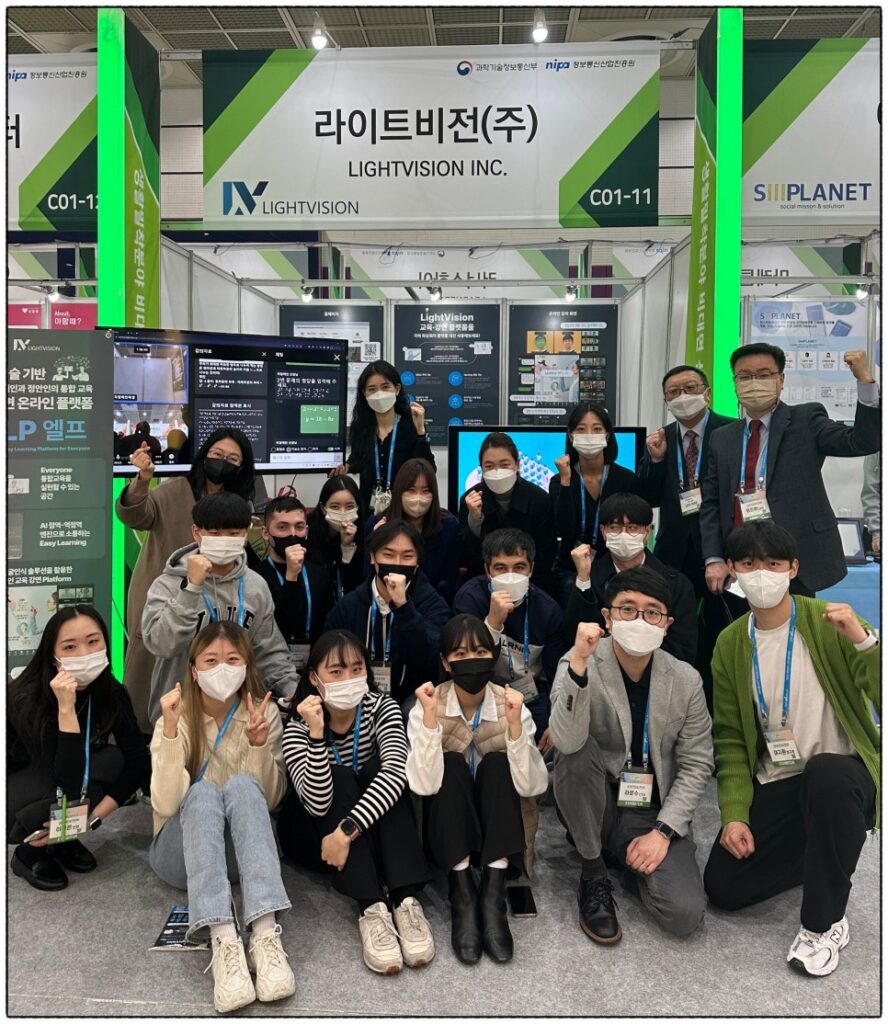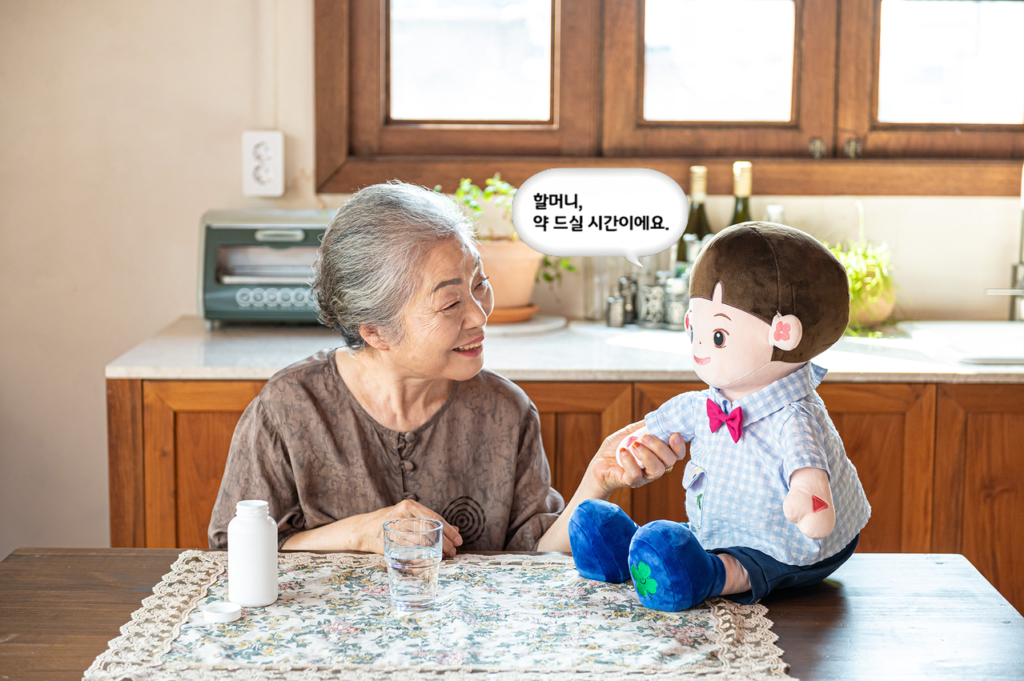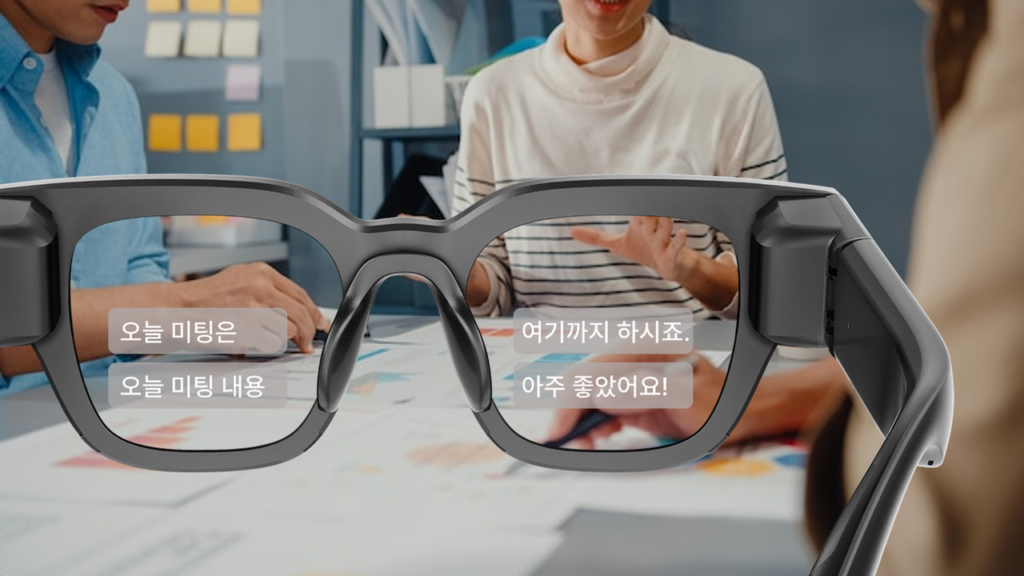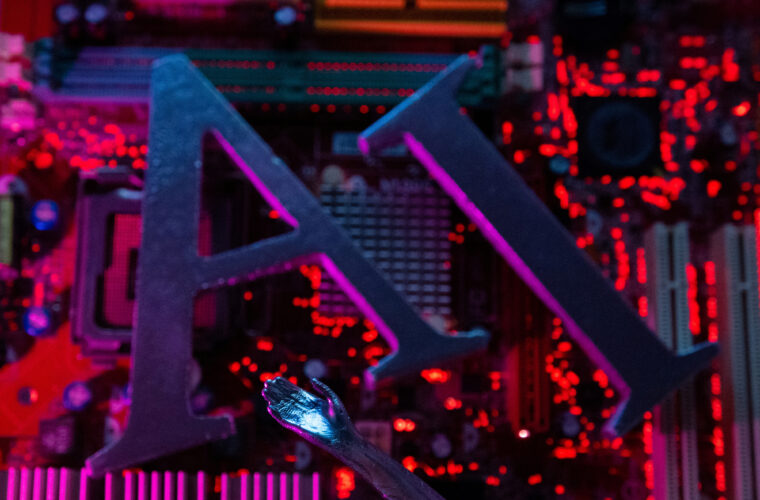Tech elderly: Owing to the development of science and technology, the world has experienced many transitions. One of the biggest changes is population ageing, associated with longer life expectancy. The United Nations’ 2023 report predicts that the number of people over 65 years old will double by 2050, from more than 760 million to 1.6 billion. Another change that defines the 21st century is urbanisation, where cities expand in size. Studies show that more than two-thirds of the population across borders will live in cities in 25 years, and over 25% will be 65 or older.
It is the era of the world with a larger elderly population living in cities than before, accompanied by imminent challenges for governments to enable older generations to live in developing surroundings. It is a well-known fact that the older they get, the more people will experience a decline in physical abilities and worse mobility. Many people from older generations struggle to adapt to environmental changes driven by rapid urbanisation, especially related to places they live, which often is an issue for city planners to tackle.
In South Korea, whose population is ageing at an unprecedented pace with the lowest fertility rate on record, several tech companies are introducing solutions to the complex problems of an ageing population and urbanisation. From difficulties in transportation to mental issues, they try to give answers to improve the lives of the elderly population through the power of technology.
LIGHTVISION: AI Company Providing Help for People with Low Vision
LIGHTVISION is an AI start-up founded in 2018. It is comprised of people interested in solving social issues through technology. One of the projects that represents the company’s vision and value is related to the well-being of people with low vision, a common condition among the elderly. The World IT Show 2024, South Korea’s biggest information communication technology convention, was held at COEX from 17 to 20 April this year. LIGHTVISION brought a bus route identifier run with AI.

The identifier is a mobile app dubbed Vision Bus, a programme that recognises the numbers and routes of approaching buses through the camera of a user’s smartphone. When a bus comes near, the app calls out the numbers using an AI text-to-speech voice. The app’s AI system is trained with videos of buses in operation, recorded and collected by employees themselves over the past few years. According to LIGHTVISION, the app can identify the numbers at night or on rainy days, too. They are also developing additional features in the app, like navigation to a ticketing machine or bus bells, without being connected to the internet.
“Our founders as well as employees have been interested in improving the quality of life of people with disabilities,” an official of LIGHTVISION told 4i magazine at the convention. “We have been launching services that can assist them, and Vision Bus is one of them.”

With support from local offices in Seoul, like the Seongdong-gu Office and the Nowon-gu Office, Vision Bus is slated for an official launch in November 2024, starting with the participation of beta testers in May.
Hyodol: AI-Powered Caretaker Doll
Founded in 2009, Hyodol is a company that makes talking dolls that can assist elderly people who require human contact a device with the appearance of a stuffed toy, the doll of the same name as the company provides an internet-based service for mental health monitoring, health control, and emergency responses.

Hyodol has varying features, but its main objective is to offer interactive, emotional support for senior users, enabling them to have more natural conversations like human-to-human talks. The second generation of the doll, which was launched recently, is equipped with ChatGPT to offer a more human-like conversation.
According to the developer, Hyodol shows a reaction to touches on its head, hands, and back. Similar to AI-powered assistants, it replies when users call “Hyodol” and can discuss a wide range of topics. It also provides reminders for multiple purposes, like medicine intake or sleeping schedules. Having a five-metre-radius sensor of 360 degrees, it can detect human movements as well. In addition, Hyodol can make outbound calls and work as a microphone and a speaker at the same time.
As a caretaker doll, Hyodol can assist if the user asks for help vocally. The doll can send a rescue request to emergency hotlines operated 24/7. If dialled to the hotline, an officer will attempt to reach out to the user three times before contacting a rescue service for help. Hyodol can also automatically dial the company’s AI hotline when it cannot detect any movement from the user for a certain time unless the user tells them “I am okay”.

Tech for the elderly
Hyodol can also be helpful for people who want to stay connected to their families or caregivers remotely. With the installation of an additional app on their mobile phones, family members and caregivers can check the movement data of the user anytime or receive a notification if they have not moved for a longer time than expected. They also can check if the user has been carrying out daily reminded tasks, like quick exercises. What’s more, Hyodol delivers voice messages between the main user and the extended app users in real time via the mobile app.
Proven to be effective in helping seniors living alone, the doll has already been deployed at over 10,000 households in South Korea, the company says. As of March 2024, 164 out of 254 local governments in the country have been distributing the dolls to their registered residents over the age of 60.
Hyodol seems to be in preparation to meet a global audience soon. “We are in the development of telecommunication modes to be used in other countries, and exported samples to five different European countries,” Hyodol’s CEO Kim Ji-hee was quoted as saying. “In New York, already 30 Korean Americans are using Hyodol. European countries like Sweden, Denmark, and the Netherlands are studying the effectiveness of Hyodol, and now we are developing a Dutch version of the doll for a nursing home in the Netherlands that recently requested to buy 100 dolls.”

XPERT: Speech-to-Text Glasses
XPERT is a tech start-up that kicked off its business in 2019 by making a smart glasses series called C-SOUND, which is designed for people with hearing disabilities.
The AI-operated smart glasses made of two display lenses, recognise vocal speech, translate it into text messages, and then show them on each lens within 0.3 seconds. Working wirelessly with a battery that can last five hours without charging, the glasses’ voice recognition system has an accuracy rate of 98 per cent, the company says. In addition to the fundamental speech-to-text feature, the glasses can also translate speech in eight different languages into Korean.
XPERT says that the glasses can be great for people who have difficulties in hearing from ageing. In a test they conducted, the cognitive function of participants over 80 with hearing disabilities improved by more than 90 per cent.



